Startups
In nearly a decade, hundreds of entrepreneurs have emerged with innovative startups across the African continent. We provide insights on their experiences and highlight the activities of investors who fund them.
Top stories

Nigeria’s food delivery sector is experiencing rapid growth. However, startups must navigate economic challenges, including inflation and low purchasing power, while trying to ensure profitability and sustainability.

Sistema.bio has acquired Inclusive Energy to integrate digital monitoring to its carbon reduction and biogas technology platform for farmers. In less than two weeks, it secured $15 million to expand clean energy technology across Africa.

Egypt’s healthtech company Vezeeta has launched “Vezeeta Lab” to improve financial services in the healthcare sector. This comes two years after the healthtech startup reportedly laid off about 10% of its staff in 2022.

Moniepoint has raised $110 million in a Series C round that values it at over $1 billion.
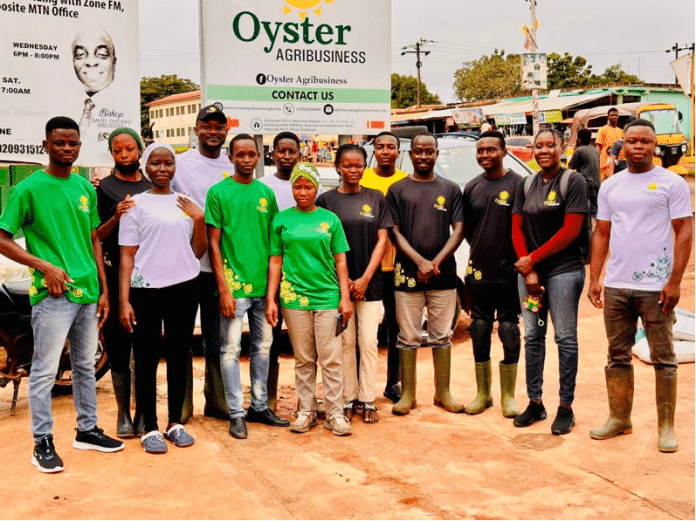
Oyster Agribusiness, a Ghanaian agri-tech company focused on climate-smart agriculture, has secured $2 million in funding to expand its operations. The firm has reportedly paid over $3.8 million to 4,500 smallholder farmers over the last five years.

BURN, a Kenyan clean cooking appliance manufacturer, has secured a $15 million investment from the European Investment Bank (EIB) to fund the distribution of its ECOA Electric Induction Cooker to households in East Africa via BURN’s Pay-As-You-Cook payment plan.

Pargo, a South African eCommerce logistics startup, has expanded into Egypt after raising $4 million in funding. Subsequently, it aims to offer affordable delivery solutions to improve access to Africa’s underserved online shoppers.

Colis.ma, a Moroccan cross-border logistics startup, has raised $300,000 to strengthen its presence in Morocco and Europe and expand in Africa, starting with West Africa.
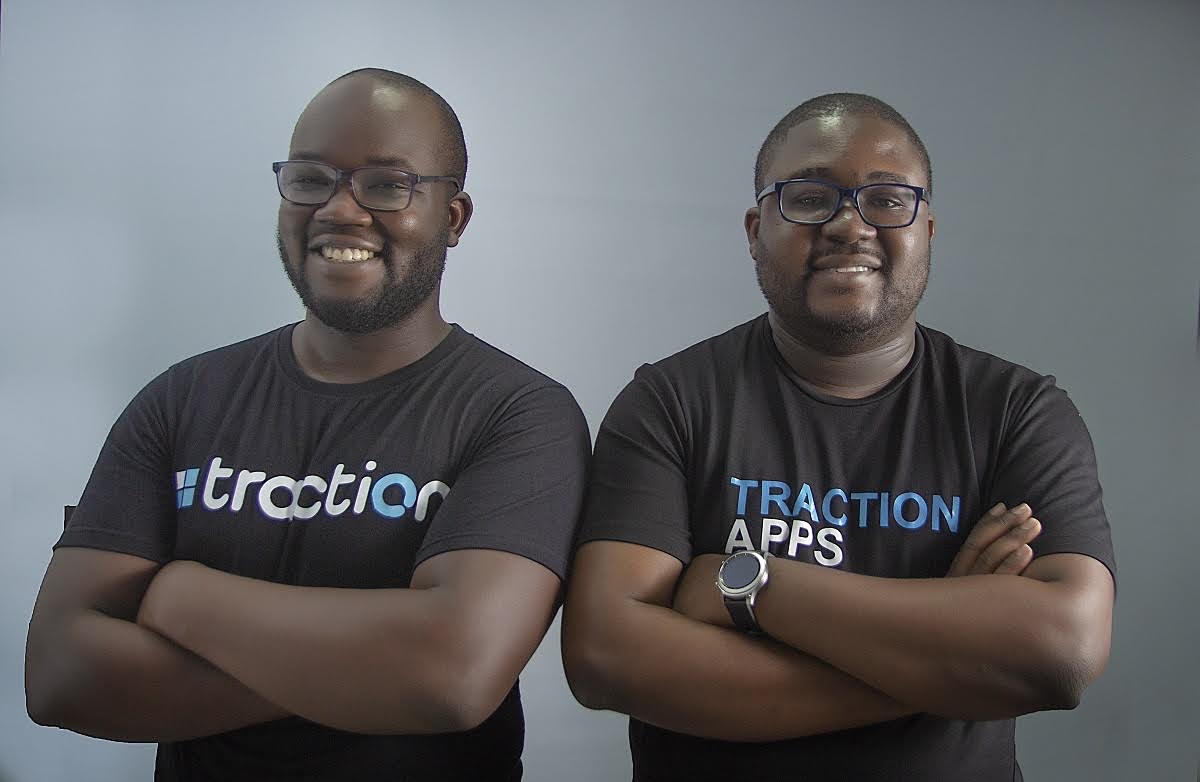
Traction Apps, following its acquisition by OmniRetail, has laid off a number of employees. The company has assured that it will provide support to the affected staff to help ease their transition during this period.
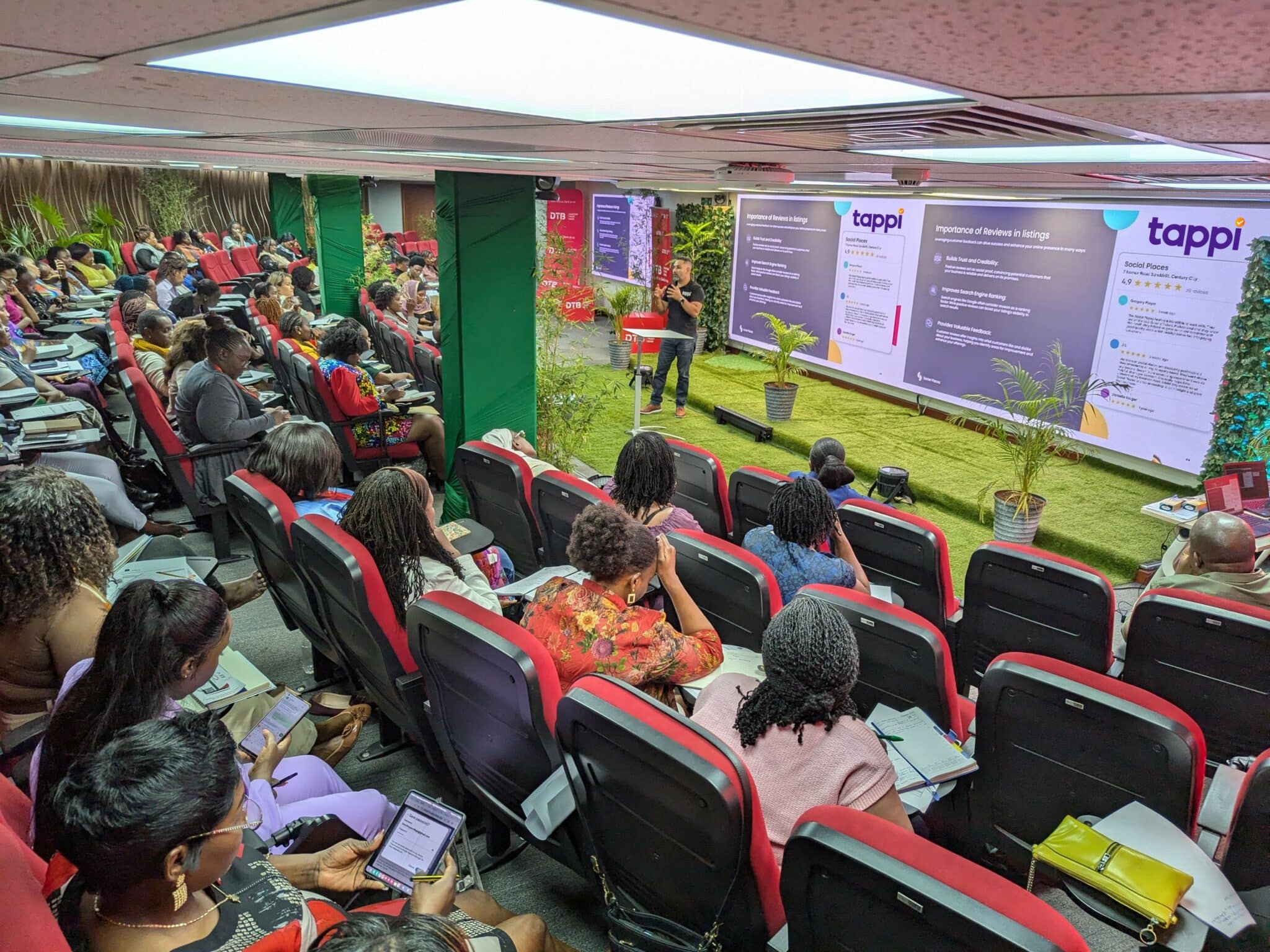
In a market where 80% of MSMEs fail within five years, tappi’s partnership with Safaricom’s M-PESA aims to support its 650,000 merchants in Kenya by enhancing business longevity and providing tools to streamline operations.

A Nigerian climate tech startup Earthbond has received funding from Madica, an Africa-focused pre-seed investment program, to scale operations, facilitate loans, and enhance the customer experience for sustainable energy solutions.

PaidHR’s new cross-border payroll will allow employees to receive salaries in 49 currencies. The HR tech startup is also looking to raise $1.5 million to support expansion into new markets and scale its operations.
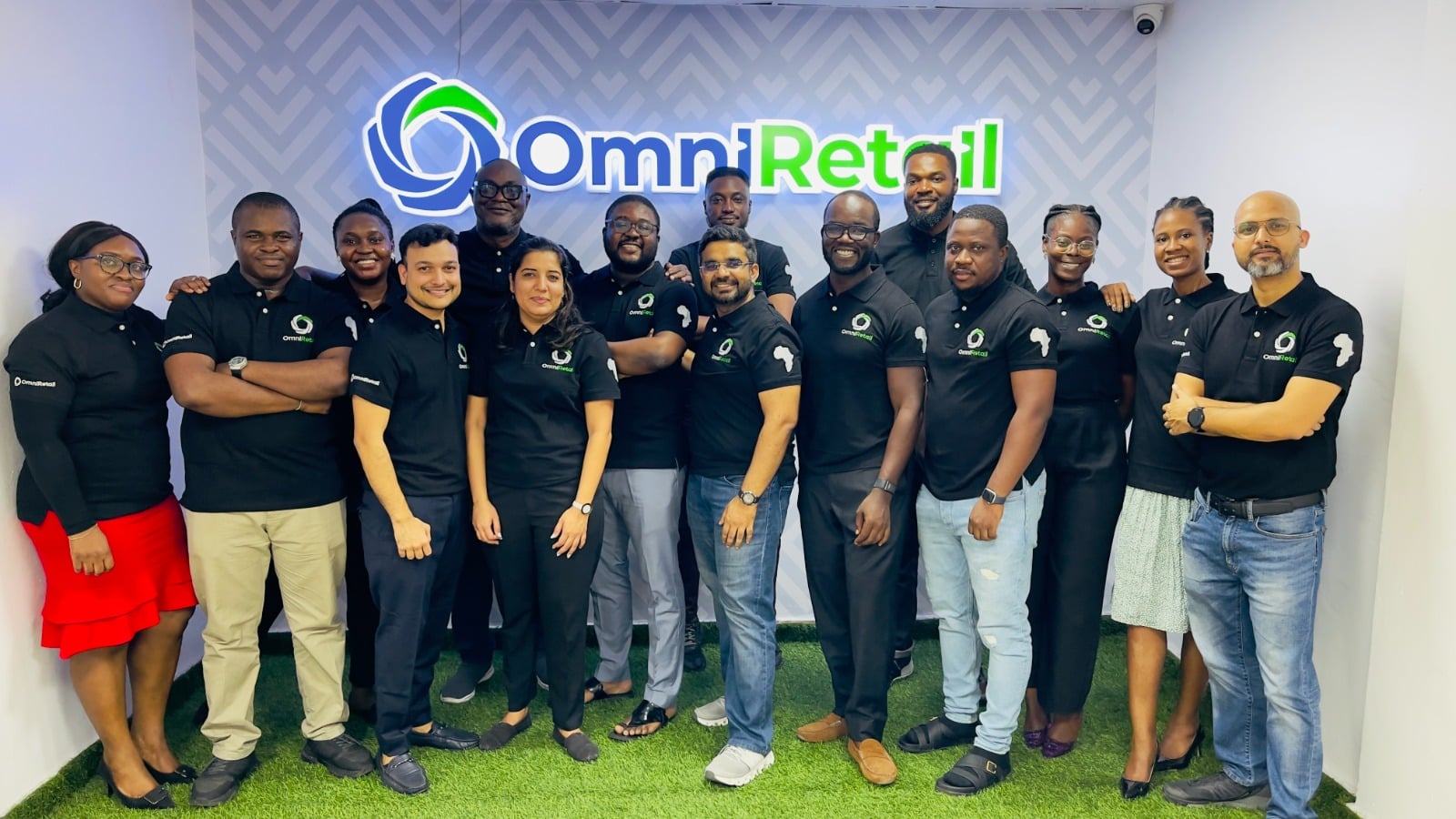
Nigerian B2B eCommerce startup, OmniRetail acquires Traction Apps to strengthen financial services offering.

Dr Abasi Ene-Obong, the former CEO of 54gene, has addressed rumours about his resignation in a candid LinkedIn post, clarifying misinformation regarding alleged financial impropriety.

Ghanaian AI startup Aya Data has raised $900,000 in seed funding to scale its AI-driven products, AyaGrow and AyaSpeech. The funds will boost local talent and support AI solutions for African businesses.

Yellow Card has raised $33 million in a Series C round to fund growth, support expansion, develop new products, strengthen its team, and lead engagement with regulators across the continent.

A Kenyan startup called Octavia Carbon, builds mechanical trees to capture CO2 directly from the air. These trees then turn the CO2 in to solid rock. It has raised $5 million seed for this solution.
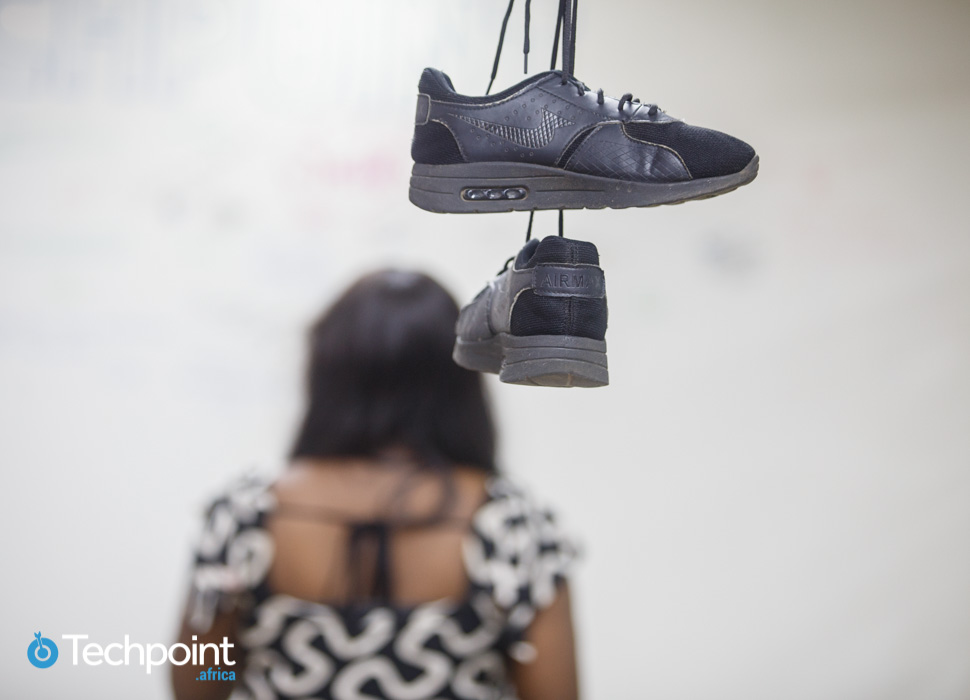
If you’re not fully committed to navigating the frustrations and disappointments that come with building startups, you’ll burn out and quit before making any real impact. In this article, Omoruyi @UyiDLaw Edoigiawerie shares tips for governance and long-term sustainability.

Before founding Lupiya, Evelyn and Muchu Kaingu couldn’t get a loan for their business, sparking the idea to help small businesses access credit. Starting with a $500 loan to 18 women, Lupiya now lends over $10 million and is expanding across Africa.
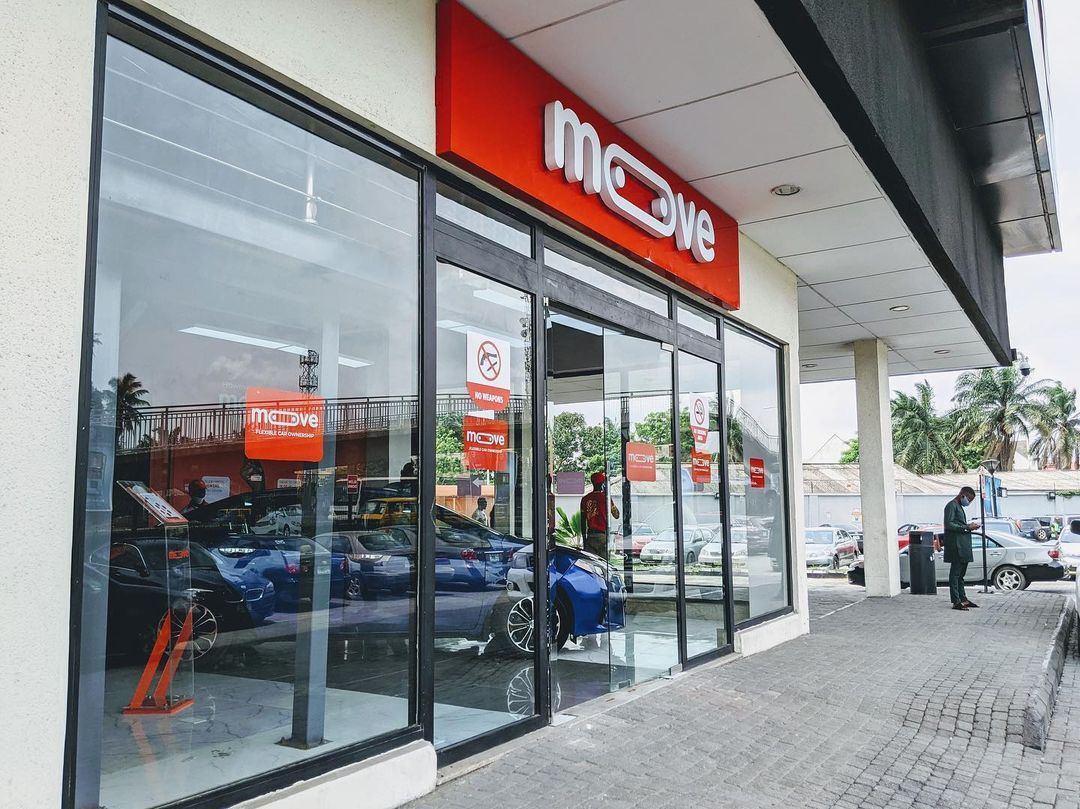
Uber-backed Moove, the Nigerian mobility fintech, has expanded into Mexico, marking another milestone as it aims to achieve profitability by 2025.
